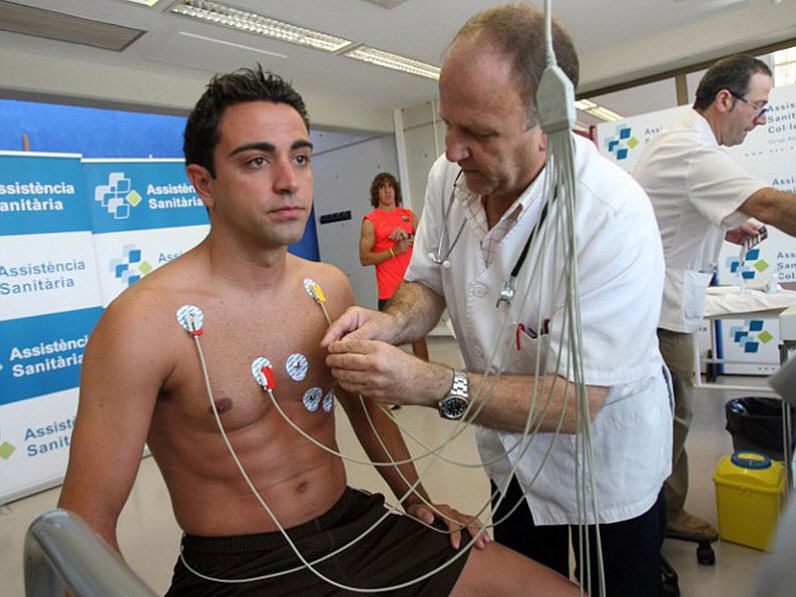Introduction
Have you ever wondered how doctors keep a close eye on your heart, even when you’re going about your daily activities? That’s where the Holter Monitor comes to the rescue! The Holter Monitor is like a little heart watcher that records your heart’s activity over an extended period, giving valuable insights to your healthcare team. Let’s take a journey into the world of the Holter Monitor and understand how this clever device works in simple and easy-to-understand language.

What is a Holter Monitor?
A Holter Monitor is a portable and lightweight device used to continuously record your heart’s electrical activity, known as an electrocardiogram (ECG or EKG). It’s named after Norman J. Holter, the ingenious engineer who invented this heart-monitoring wonder.
How does it work?
The Holter Monitor is a small device with several wires, called electrodes, that are attached to your chest. These electrodes are like tiny detectives that pick up the electrical signals from your heart. The wires are connected to the Holter Monitor, which you can wear like a little pouch around your waist or over your shoulder.
Once the Holter Monitor is all set up, it quietly and unobtrusively records your heart’s electrical activity for an extended period, usually 24 to 48 hours. During this time, you can go about your usual daily activities, like walking, working, or even sleeping.
Why is it special?
The Holter Monitor is special because it provides a continuous and real-time recording of your heart’s activity throughout the day and night. This allows your doctor to get a more comprehensive picture of your heart’s health and detect any irregularities or abnormalities that may not show up in a short ECG test.
Why might you need a Holter Monitor?
Your doctor may recommend a Holter Monitor if you experience symptoms like:
- Irregular Heartbeats: If you feel your heart is skipping a beat, racing, or pounding, the Holter Monitor can help identify the cause.
- Dizziness or Fainting: Episodes of dizziness or fainting can be related to heart rhythm issues, which the Holter Monitor can capture.
- Assessment of Medication or Treatment: It helps your doctor see how well your heart is responding to specific medications or treatments.

What happens after wearing the Holter Monitor?
Once your monitoring period is complete, you return the Holter Monitor to your doctor’s office. The recorded data is then analyzed by a heart specialist, known as a cardiologist. They carefully study the ECG patterns and look for any irregularities that may need further evaluation or treatment.
Conclusion
The Holter Monitor is a remarkable device that allows doctors to monitor your heart’s activity over an extended period without interrupting your daily routine. It provides valuable information for diagnosing and managing various heart conditions, ensuring that your heart stays in tip-top shape.
As technology continues to advance, we can expect even more innovative ways to monitor and care for our hearts. Until then, we can rely on the Holter Monitor – our personal heart watcher in action, working diligently to keep our hearts beating strong.
